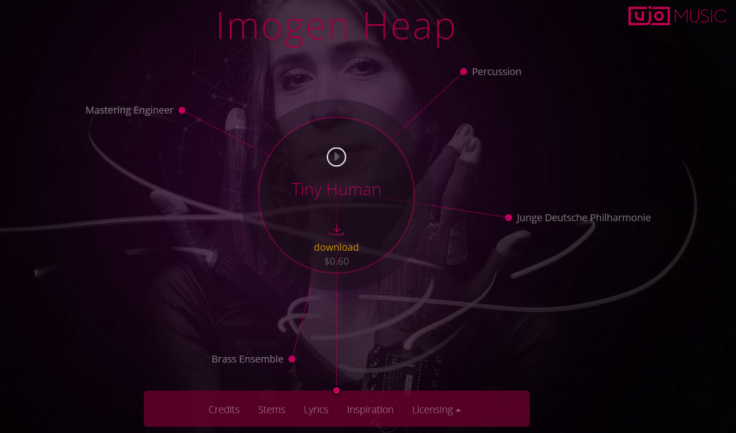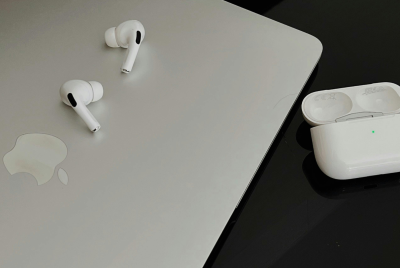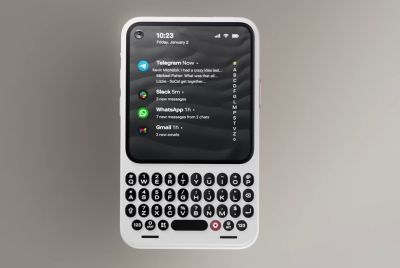Imogen Heap shows how smart music contracts work using Ethereum

Musician and technologist Imogen Heap has demonstrated how a song can be released as a digital contract and then shared transparently and completely fairly on a blockchain without the need for intermediaries of any kind.
Heap released her new single and video, Tiny Human, on Friday 2 October at a special Guardian Live event, giving a group of hackers and developers from the likes of Ethereum exactly 24 hours to show how the future via decentralised digital rights is likely to appear.
Currently artists who want to be paid for their work face a complex web of middlemen, recording contracts and other parasitic parts to the existing legacy system. It's an out-dated and frankly unfair framework, which a decentralised and transparent shared system cuts through like Alexander slicing the Gordian Knot.
Among the developers taking part in the event were: Vinay Gupta of the Ethereum Project; Alan Graham, co-founder OCL; Phil Barry, a digital strategist for the music industry; and Simon Edhouse, managing director, Bittunes.
Heap said the future of the music industry should be "a happy, fruitful, abundant place".
"I wanted to release a song and put it up on the internet for free as an experiment for anyone developing a platform or a service or a mushroom, as I refer to them, which is a service like iTunes or Spotify or something else that someone might be making out of the data that I will put up online.
"So on my website now is a file, a dropbox folder and it has the official song, an instrumental version of the song, the music video.
"And there is the stems of the music so people can remix it if they want to, with documentation of all the musicians that were on there, the lyrics, the inspiration around it, all the gear that I used, why I wrote the song, who I wrote if for.
"The project was also to show how rich and how many tentacles one song can have, and all the people that it connects to, which often gets very lost in our digital music world, because we just see the music and if we are lucky we might see an image connected to it."
She said a really important and complex question is how to divvy up the song: if that's in cryptocurrency, how it can be received into digital wallets and distributed percentage-wise to the different people involved.
She wanted to be clear that this was just scraping the surface of a complex set of issues, adding that a future event is imminent.
Phil Barry, from the Ujo music project, who has also worked with Radiohead on decentralised platforms, showed what can be done.
Barry said: "We created a prototype that uses blockchain technology; it aims to provide transparency for the music industry. The idea essentially is to translate Mycelia, which is a creative vision of a possible ecosystem in music – what does that really look like in terms of technology and practical solutions."
The Ujo interface was completely intuitive and user-friendly, showing the various strands of people who were involved in the recording, broken down into the percentage they would be paid for each download of the track. The same applied to people involved in the artwork.
He showed how all the stems for the songs were also available – just the drums for example – and could be purchased by users.
"Where the blockchain comes in – this will be the pipes that will be used in the future of the music industry instead of all those intermediaries we have, all these institutions that are trying to do things manually.
"We are going to aim to try and do things in an automated fashion. And so we have these things called smart contracts. These are essentially code; rules written into code which determine what happens when money comes in or when certain actions take place.
"And so we have things here called policies. These are things that the artist might decide on; the terms under which they are willing to allow their music to be used.
"So in the case of just the stems, for example, you could say, I'm happy for them to be downloaded for non-commercial use for $45. If you want to use it in a commercial record then I'll give you 50% of the rights and the recording but I still own the song.
"This is pre-known to everybody, recorded on the blockchain meaning it's transparent and visible to everybody. And when you enact these policies by buying music, this happens automatically – everybody knows who is getting paid and how much.
"This is built on Ethereum, which is a blockchain which takes the ideas from the Bitcoin blockchain, but makes them not just for finance but for any industry you could imagine that could be disintermediated or decentralised.
"So we have a currency called Ether that is the fuel behind Ethereum; it's what functions the software on the network and we are going to use it to buy a song," said Barry (Ether currently trades at 70 cents per token unit).
It should be said, there were other hackers from the floor that demonstrated clever ways the song could be hooked into the Bitcoin blockchain using data compression techniques. The panel discussion also focused on certain thorny issues such as identity verification management in the context of the internet.
However, the data-rich capabilities of Ethereum smart contracts shone through in this demo. And developers and operational members of the Ethereum massive who were out in force, were clearly enthused to be the first people on the planet to buy the song using Ether.
© Copyright IBTimes 2025. All rights reserved.






















